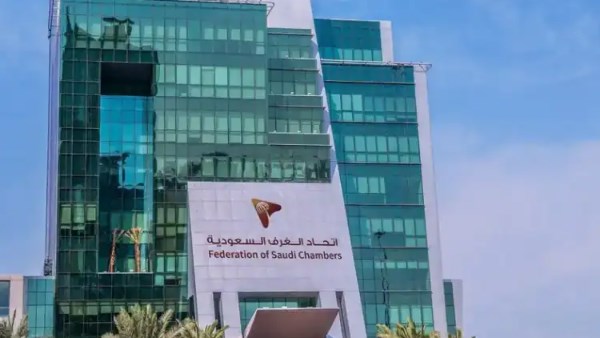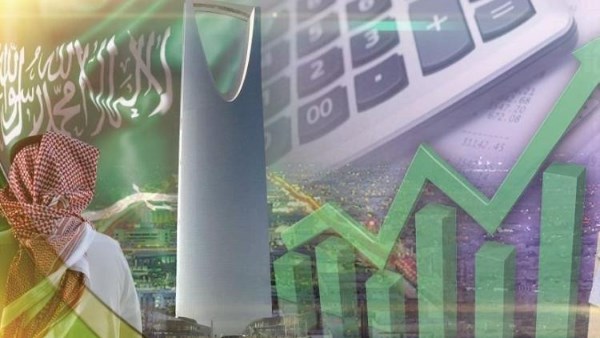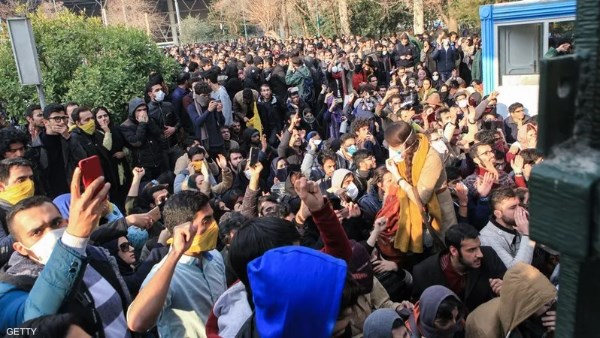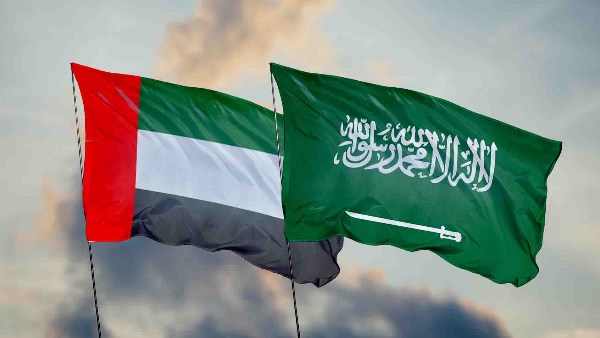
Rich countries at the earlier meeting made a commitment to secure $100 billion
Five Takeaways From the Paris Summit to Fix Global Climate Finance

After two days of talks overhauling the global financial system to tackle climate change، more than 40 world leaders who assembled in Paris this week made limited progress on reforms that could increase support from rich countries to poor countries facing crises.
The negotiations — across a number of working groups، panels and bilateral talks — resulted in an eight-page summary full of dense verbiage، as is the custom in international climate negotiations. The document cites vague indicators of progress، and some claims came in for immediate criticism from experts and NGOs. Examples include a call to boost support for carbon credits، efforts to propel the nascent biodiversity credits market، and renewed backing and demands to scale debt-for-nature swaps.
Participants hung their wishes and expectations like ornaments on a Christmas tree for everyone to see. Worried those wishes would be discarded in a few days، co-hosts French President Emmanuel Macron and Barbados Prime Minister Mia Mottley frequently repeated their goal to have concrete outcomes.
So what did they achieve? For one، there was no shortage of upbeat pronouncements. “A new consensus for people and planet،” said Macron. “An important milestone،” said US Treasury Secretary Janet Yellen. “We’ve got the impetus” for change، said Kristalina Georgieva، head of the International Monetary Fund.
Here are five key outcomes that have helped build momentum to revamp the financial system to help developing countries and respond to the challenges of warming temperatures.
Quicker access to cash
Many of the countries that attended the Paris summit were also present at an earlier summit in May 2021 focused on the severe economic shock of the pandemic. Rich countries at the earlier meeting made a commitment to secure $100 billion in so-called Special Drawing Rights، or SDRs، a term for funds available to all IMF members in amounts that are tied to the size of their economies. Countries can access the funds through the IMF in emergencies، and doing so doesn’t add to their debt burdens. Emergency funds like this are often desperately needed by poorer countries facing down climate-driven disasters، but poor countries have minimal access to SDRs.
Georgieva announced in Paris that many rich countries would reallocate a portion of their own SDRs to benefit countries with greater needs for emergency funding. The sums committed addedup to around $100 billion. France was the frontrunner، giving away 40% of its SDRs.
The IMF also announced that the Resilience and Sustainability Trust، a tool that enables developing countries to fund green projects، exceeded its $35 billion funding goal. There’s now $41 billion available، and much of that money came from the reallocation of SDRs. The IMF has now set a new goal to grow the trust to $60 billion.
A catastrophe toolkit
The impacts of change are getting more extreme، forcing countries to take on greater debt to deal with the damage. That’s creating a vicious cycle known as the climate-debt trap، and breaking the cycle is one of the priorities of Ajay Banga، the new president of the World Bank.
To break out of the climate-debt trap، talks in Paris focused on deploying solutions that help deal with both problems simultaneously. These measures included advanced warning systems for extreme weather that can help authorities better prepare before disaster strikes، saving lives and reducing costly damage. Discussion also focused on expanding new types of catastrophe insurance، like those piloted in Jamaica and Peru، and offering debt repayment pauses following an extreme climate event to curb the accumulation of debt in dark times.
So-called debt repayment “pause clauses” can make a huge difference. Barbados succeeded in securing this provision on some of its debt as a way to deal with extreme weather events. “Nobody gives us the amount of liquidity that we would get from these instruments،” Avinash Persaud، finance envoy for the island nation، said.
These pause clauses will be tested out not just by the World Bank but also the UK Export Agency. Jay Collins، a vice chairman at Citigroup Inc.، also backed the idea، in a sign that the private sector will consider participating in lending to these countries and understand the need for debt relief.
One initiative that takes some of these steps is the Global Shield، which was announced at COP27 in Egypt last year and funds warning systems and insurance. An announcement during the Paris summit saw the program's 170 million euros ($185 million) budget increase to 270 million euros.
What happened to the $100 billion promise?
One constant sore point at every recent United Nations climate summit has been the unmet promise of developed countries to spend $100 billion each year on projects in developing countries to cut emissions and help adapt to a warming planet. As of 2020، the total stood at $83 billion، according to an OECD analysis.
Macron announced that he is “confident” that countries will finally reach the commitment this year، nearly three years later than the 2020 deadline. But developing countries have questioned the accounting، which Macron acknowledged by promising a “concrete analysis” to address those concerns. He didn’t announce a specific timeline at the summit. This will be something to monitor ahead of the annual COP28 climate summit، set for Dubai towards the end of the year.
Talk of international taxes
Macron raised the prospect of international taxes to help generate the money needed to address global problems. That kind of worldwide tax could be imposed on shipping، aviation or even financial transactions. Many experts were quick to point out that the prospects of getting every country to back such a measure are very dim.
But Macron noted the traction building for a tax on carbon emissions from the shipping industry، sharing a list of 22 supportive countries — including Spain، Portugal، Norway and many island countries that would see an increase in cost on their imports as a result.
The proposal is still far from securing the support needed of the 170-member International Maritime Organization، which will determine whether a levy can be adopted.
Lots of announcements
The Paris summit provided a deadline and backdrop for some big announcements، even if it wasn’t an all-in multilateral gathering with every nation present as will happen at COP28.
Zambia reached a long-awaited agreement in principle to restructure $6.3 billion of debt with bilateral lenders، including China. Senegal secured $2.7 billion to help grow its renewable capacity to 40% of its energy mix by 2030. The World Bank announced an “investment lab” that will look to increase private sector funding in emerging markets for renewables and energy infrastructure. Still، many green groups and development-focused NGOs expressed disappointment at the lack of progress on radical solutions such as canceling debt.
The summit showed “no shortage of creative ideas،” said Rachel Kyte، dean at Fletcher School at Tufts University. “As ever، it is about implementation and that requires broader leadership than that on display in Paris.”
Though there wasn’t a concrete sum of money or deal attached to it، another outcome of the Paris summit was that most countries in attendance agreed that multilateral development banks must be reformed. The talks set out a timetable to get it done، outlining major achievements that can be touted at COP28 in Dubai in November.
“The key outcome of the Paris meeting is ideas that deliver at the scale and pace needed to address climate change،” said Persaud، the finance envoy from Barbados whose Bridgetown Agenda informed much of the discussion around reforms to multilateral lenders. “It’s an important inflection point.”





-1120252475029447.jpg)














